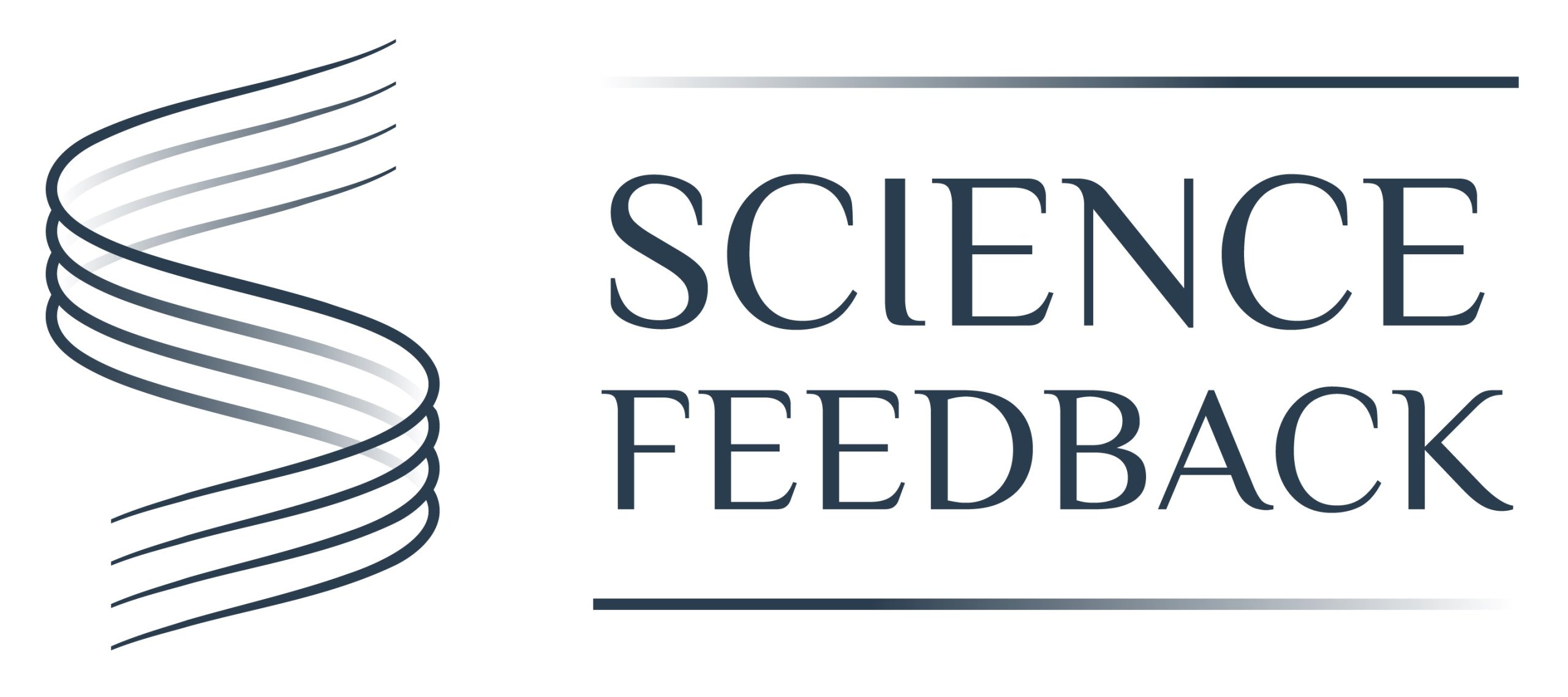About
The Social Physics and Complexity (SPAC) lab at LIP is a multidisciplinary research group that explores both human and algorithmic bias and how these can affect decisions and shape society. Some of the most used algorithms worldwide are search engines, such as Google, with increasing numbers of people relying on and trusting these platforms to look for news and information – potentially influencing their decisions. Despite their central roles and the known fact that they personalize search results, search engines have been generally understudied. To help fill this gap, the SPAC group investigates the quality, bias, and profiling of search engine results, particularly around sensitive and controversial topics. More specifically, the research focuses on three key questions: Do different people receive varied search results for the same query? What kind of content do search engines provide on sensitive topics? And most critically, are these results biased?
Challenge
To conduct this study, SPAC Lab analyzed four major search engines—Google, Bing, Yahoo, and DuckDuckGo – and two chatbots – Copilot and ChatGPT – using web crawlers (bots) or through APIs, to simulate browsing behaviors, interactions and gathering data from these platforms. Bright Data proxies were used to place these bots on different locations in the world and increase their camouflaging as non real users. These different bots then simultaneously query the search engines, using the exact same queries, and SPAC analyzed how varying the bot’s profiles alters the search-engine suggested results.
Impact
This study has revealed that search engines personalize results, particularly when the bots are deployed from different Bright Data provided locations and when the search is politically charged, with clear leanings towards particular political spectrums. This raised important questions such as: Are these biases particularly present during elections or other highly polarized situations? Do these leanings reflect political reality or algorithmic bias? Do these leanings influence decision making, possibly even biasing electoral results? The next steps involve further testing how browsing history and user profiles, such as gendered bots, influence search engine outputs, across several different conflicts and polarizing topics. SPAC Lab aims to determine whether personal attributes further shape the leanings of displayed content, ultimately contributing to the growing debate about the role of search engines in shaping social and political landscapes.


